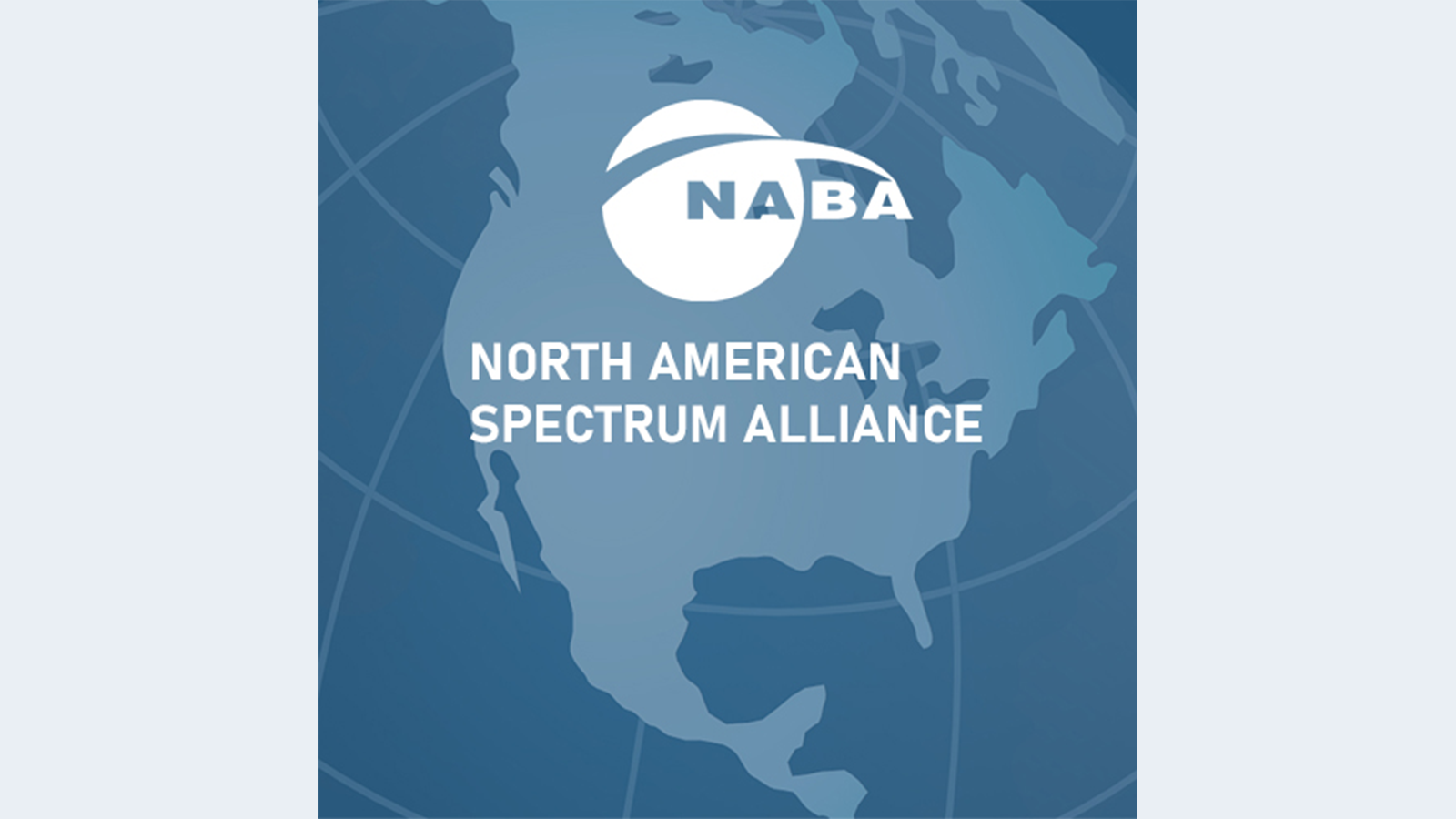Prism Sound’s Dscope Series III Advances With Powerful New Automation Solution And Updated Soundcard Support
Prism Sound is proud to announce a package of important new features for the immensely powerful and flexible dScope Series III audio analyzer system used in R&D labs and production lines around the world. The new release will be available for download from the Prism Sound website in November 2013.
The new capabilities fall mainly into two categories:
a) Improvements to the easy-to-use “check-box” test automation system known as “Auto-Sequence”
b) Enhancements to sound card test capabilities
The Auto-Sequence tool provides a simple way to setup and execute a series of tests and to produce high-quality reports in html and Microsoft Excel formats without having to write any code. This update provides a powerful “Edit Mode” that makes sequence construction and adjustment even faster so that automated production line tests can quickly and easily be set up using the design engineer’s test configurations as a starting point. For example, it is now possible to browse to an existing test configuration file and import it directly as a new step into the test sequence and to rename, copy, delete and re-order test steps. Also included is a “tweak” feature that enables a single parameter adjustment to be applied to several test steps automatically, avoiding the need for editing individual test configurations manually. Finally for the Auto-Sequence update, a new Dialog (or Form) editor allows very easy construction of pop-up forms for user interaction such as entering serial numbers and other information, confirming actions such as external test fixture or device adjustments or confirming observations of the equipment under test
In the dScope Series III Audio Analyzer System, Prism Sound pioneered the testing of sound cards using a direct software interface between the test application (dScope) and the sound card’s Windows (WDM) driver, combined with the complimentary function of the dScope hardware connected to the other side of the sound card. Using this method it is possible to drive the soundcard from the dScope software audio generator and to measure the analogue soundcard output with the dScope’s analogue measurement input. Similarly, it is possible to drive the soundcard with the dScope’s precision analogue generator and then measure the audio performance by measuring the audio stream returned from the soundcard using the dScope’s software analyzer functions.
The new release of software now adds the capability to support ASIO drivers as well as WDM, enabling a wide range of professional as well as consumer audio soundcards and interfaces to be tested in this way. In addition, ASIO is a useful tool that guarantees bit-perfect transfer between the host computer and the audio device, especially useful when testing the accuracy of the interface device.
In addition, dScope’s Continuous Time Analyzer (CTA) is now available for use with Soundcard inputs in addition to the FFT based analysis previously provided for soundcards. dScope’s unique FFT detector meters provide all the usual audio measurements such as amplitude, noise, THD+n and many others, but the CTA is a time-domain analysis process that mirrors the conventional notch filter plus voltmeter method commonly used in analogue instruments. The CTA has several advantages; it is faster than the FFT analyzer, especially when performing sweeps; it can make peak and quasi peak measurements and perhaps most importantly it can be used to detect occasional glitches such as sample errors. The CTA can measure inter-channel phase, important with computer interfaces where it is essential that all channels experience the same latency. The CTA can also generate an output trace so we can measure and plot the residual noise & distortion after the measurement filters to aid understanding of the composition of the noise and distortion components
Finally, the dScope scripting environment now provides support for serial port control on 64-bit Windows systems, enabling the control of external devices using RS232/422. This could be used to control external switching, DC power supplies or other equipment.
Graham Boswell, Sales Director at Prism Sound says “We are continuing in our mission to provide the most powerful and flexible audio analysis tools at the best price available in the market. These additions to the capability of dScope Series III ensure that the dScope remains the best available audio analyzer tool for your money. No other analyzer product provides as much capability for the price – indeed few, if any, other analyzers provide more capability – period!”
For more information about dScope Series III, please visit Prism Sound during the 135th AES Convention at Booth 3032 or visit www.prismsound.com.
-ends-
About Prism Sound
Founded in 1987 in Cambridge, UK, Prism Sound manufactures a range of high quality professional test equipment for audio applications. The company is organized in three divisions and in addition to audio test equipment, Prism Sound also manufactures equipment for high-quality recording and production for music and sound applications and for voice-logging recorders used in law enforcement, legislative and business applications. Prism Sound audio test equipment is used by many major consumer electronics brands in automotive, home entertainment, personal mobile, communications and other market sectors as well as most of the world’s leading broadcasters including the BBC. Prism Sound’s music recording products are widely used by leading professionals in music and film sound such as the legendary Abbey Road Studios in London.
For more information: www.prismsound.com
In the US
Sales department
Prism Media Products Inc.
21 Pine Street
Rockaway
NJ 07866
USA
Tel : +1 (973) 983 9577
Fax : +1 (973) 983 9588
e-mail : sales@prismsound.com
Get the TV Tech Newsletter
The professional video industry's #1 source for news, trends and product and tech information. Sign up below.
